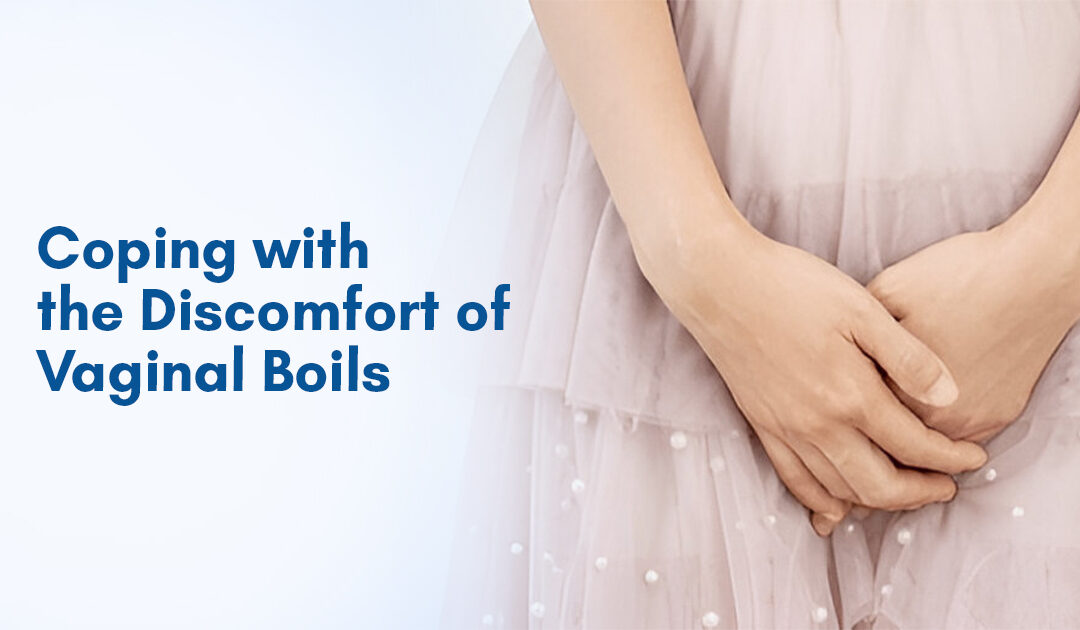Any infected skin sore appearing in the vagina or the external genitalia called vulva, is a vaginal sore. These sores are usually formed due to a bacterial inflammation or a hair follicle. While preventing a vaginal boil completely is difficult, you may, however, take steps to mitigate its risk. A great way to do that is to maintain good genital health, and better your immune system through a healthy diet.
To simply put it, a vaginal sore is a sore on the vaginal area. It could also be referred to as a boil or a furuncle, appearing because of an infection in a hair follicle. Oftentimes, there are several hair follicles on the labia around the vaginal opening leading to more vulnerability to the sores.
There are a number of places where a boil may appear such as:
- Back of the neck
- Face
- Armpits
- Back
- Buttocks
- Thighs
- Groin
It is possible that some boils combine to form a larger sore which is known as carbuncle.
The Appearance of a Vaginal Sore:
A vaginal sore may appear to be:
- Sized from a pea up to a golf ball
- Pink to red
- Tender
- Swollen
- Firm
After some time passes, one may experience the boil is filled with water, similar to a water balloon. As the boil eventually fills with pus, it will co-occur with pain.
Other characteristics of boils are:
- Rapid growth
- Pustules (appear as white or yellow in the center of the boil)
- Crusting
- Oozing
- Weeping
- Red skin surrounding the boil
In some cases, boils may be accompanied by other symptoms like:
- Fatigue
- Feeling unwell
- Fever
- Itching
Risk Factors of a Vaginal Boil:
A specific set of people are more prone to developing a vaginal sore than others. Conditions such as folliculitis make one more susceptible to sores. The risk factors are:
- Weak immune system
- Diabetes
- Family history of skin infections
- Getting meditated through an IV- intravenous line
- An insect bite, cut, scrape or a skin injury
- Being in a poorly sustained environment such as a hot tub or spa.
Taking Care of the Vaginal Boil:
While a boil usually heals by itself, there are a few tips that you may follow to reduce its pain and inflammation. You may:
- Apply a warm moist compress around the boil through the day as it helps to fasten the draining process and recovery.
- Once the sore opens, you may keep applying the warm compress to enhance the healing process.
- Keep the boil clean by washing it regularly.
- Avoid wearing tight fitted undergarments.
Contact your healthcare provider, preferably Gynecologist if your boil does not subside by itself, or it keeps recurring and feels painful and hot.

